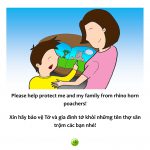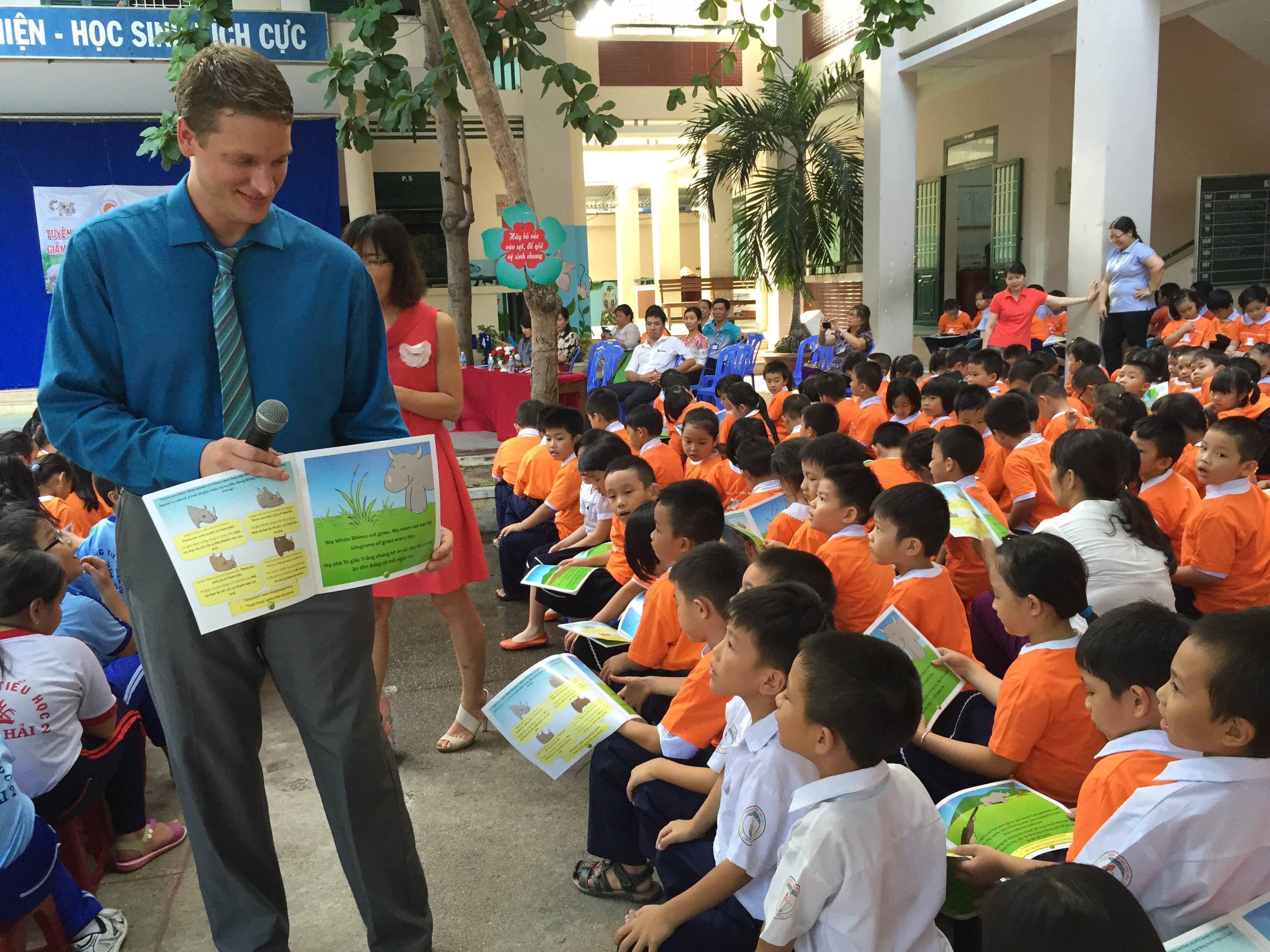Education and Training
HSI
616
International attendees awarded scholarships or sponsorships to attend our Animal Care Expo

34,000
Workers in Viet Nam will begin implementing 100% plant-based Mondays in their corporate cafeterias

1.5M
Children have received HSI’s “I’m a Little Rhino” book
The Issue

HSI offers opportunities globally for veterinarians and animal care and control personnel to improve their skills. Our initiatives include public education, animal care expos, training scholarships, veterinary internships, police and judiciary education, wildlife rehabilitation, population management, and training on dealing with cruelty, neglect and the illegal wildlife trade. We also encourage and enable chefs through culinary training and recipe development to shift the focus of menus toward more plant-based meals and work on the ground with egg and meat producers to implement animal welfare policies and transition to higher welfare production systems.
Facts about education and training:
- Humane professionals in developing countries often lack sufficient funding, resources and options.
- Skill and training deficits include spay/neuter surgical technique, humane catching and handling of animals, humane animal control methods, shelter management strategies, investigative techniques, crime scene management, evidence gathering, and more.
- Even where animal protection laws exist, law enforcement authorities sometimes do not prioritize crimes involving animals, or lack the resources, manpower and equipment to effectively enforce the laws.
- Education is crucial in successful engagement and partnership development with governments, law enforcement, local organizations and communities.
- Education facilitates the development and strengthening of animal protection policies and laws, and inspires humane treatment of animals.
- Cultivating compassion in children is a powerful way to enact transformation of society and effect long-term change.
